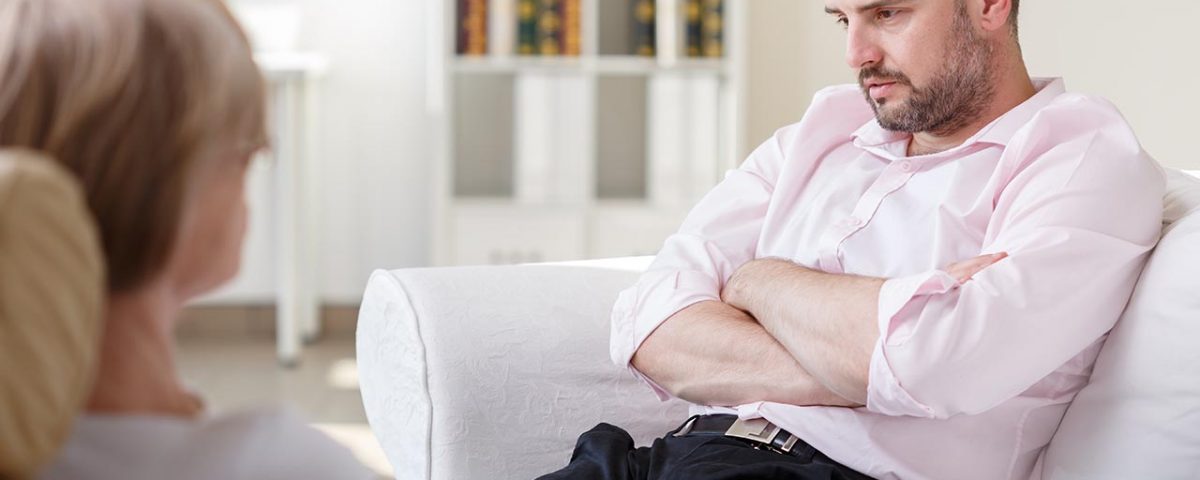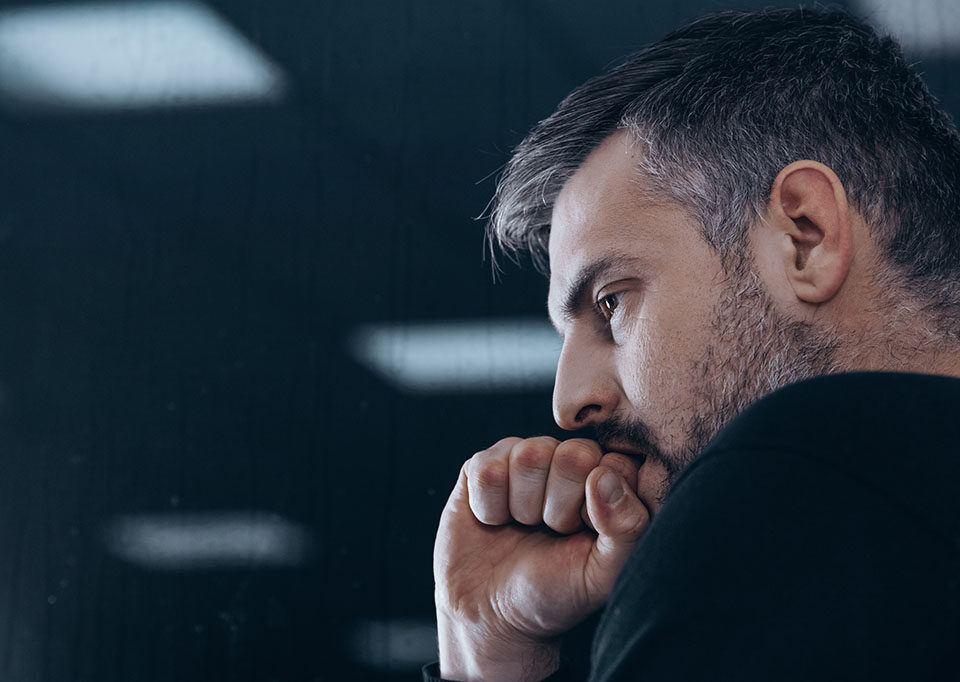On your wedding day, you vow to stay with you spouse for better or for worse, for richer or poorer, and in sickness and in health. Unfortunately, the disease of addiction may have other plans.
When someone becomes a drug addict or alcoholic, their entire personality can change, and they may transform into a different person. Soon enough, you find yourself married to a stranger with no idea what to do.
What to Do When Your Spouse is an Addict
Dealing with an addicted spouse is no easy task. While they may be the one struggling with the addiction, their substance abuse problems can have a huge negative impact on the people around them, especially you. You may at times feel overwhelmed or lost, but there is hope. Our Chicago outpatient rehab is sharing some tips on how to deal with an addicted spouse so that you can one day move past this nightmare.Confront Them
Many addicts are in denial and struggle to accept that they have a problem. When someone else, especially someone as close to them as their spouse, points out their issue, it can make it more real. Tell them about your concerns with their substance use and reiterate that you are worried about that. Try to talk to your spouse when they are not intoxicated and stay as calm as possible. Even then, you may experience a lot of pushback.Get Help
Do not deal with this burden on your own. You do not need to be ashamed of your spouse’s addiction or hide it. If you really want your partner to get help for their substance abuse problems, you will likely need the help of others. Together with a drug intervention specialist, you could stage an intervention to try to get them into treatment.Set Boundaries
Many people do not know how to deal with a spouse who is an addict, so instead, they try to cover it up or become over supportive. Unfortunately, doing this may be unknowingly making their addiction worse. Learn the difference between enabling and helping and start setting boundaries in your relationship. When your spouse’s addiction starts to catch up with them because you are no longer cleaning up after their messes, it may be a catalyst to them getting help.Take Care of Yourself
Along with no longer enabling their addiction, it is important to focus on yourself. When your spouse is an addict, it is easy to get caught up in trying to help them, but do not forget about your own mental health. Dealing with a drug addicted spouse can be exhausting. You need to take time to relax and recharge. If not, you will find yourself so drained that you can no longer help your spouse either.Find Support
Although you may feel embarrassed and feel like no one you know can relate to your situation, you are not alone. There are plenty of other husbands and wives who are struggling with similar issues with their spouse. Join a support group, talk to a therapist, read books on the topic, or find a community online. All these resources can remind you that you are not alone and help you get through this challenging time.Separate Yourself from Them
If your spouse refuses to get help, it is okay to leave. Especially if they get violent or physical when intoxicated, it is better to get out. Divorce may not be an easy decision, but it will likely be the best option in the long run.Knowing how to deal with an addicted spouse takes time and is a learning process, but you should not go through this alone. You need help for yourself as well as for them.
At Banyan Chicago, we want to help both your loved one overcome their substance abuse and you move forward. Our couples therapy for substance abuse helps both spouses learn about addiction, how to communicate, and what to do moving forward.









